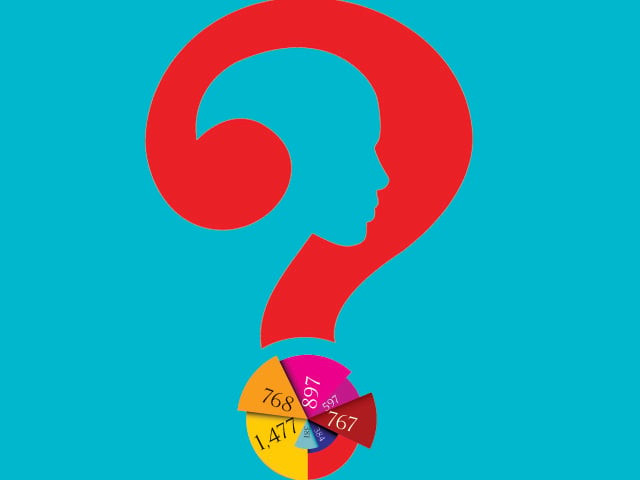Youth perceptions
The leaders of the next government have a duty to protect the future generation who have a lot on their mind.

It is from the next generation that one expects change and betterment for Pakistan.

Democracy is not just about elections. Whatever experience voters have, of the limited democratic governments, has shown them to be mired in corruption scandals and inefficiencies which also explain the highly unfavourable opinions the youth has of government institutions. About 71 per cent had an unfavourable opinion of the government, whereas 67 per cent viewed the National Assembly unfavourably and 69 per cent saw political parties in an unfavourable light. Meanwhile, what was seen in a favourable light was: the army (77 per cent), religious centres (74 per cent), the judiciary (60 per cent) and different forms of media (63 per cent). The police were only seen by 23 per cent in a favourable light. This just shows that despite common knowledge that corruption exists across the board and the army has been in charge before and not fixed any of the country’s problems, the youth still holds the military and religious leaders in high esteem. Such is the power of General Ziaul Haq’s legacy — whose seeds were planted decades ago. However, it must be noted that a lot of youth perceptions stem from the relentless exposure to democracy’s performance during the last five years by a free media and an independent judiciary and the extreme tolerance of the government of the day towards such attacks. This is, in fact, what is best about democracy. This same youth, which in this survey seems to prefer Sharia and the military over democracy, would be the first ones to resist curbs on the press and the judiciary which are a given under those systems.
For the proponents of democracy — let’s not forget the hundreds of thousands of brave valiant workers who have sacrificed their lives for the sake of a democratic Pakistan — the results of this survey should give them a moment to pause and reflect, and not just play the victim card. The leaders of the next government have a duty to protect the future generation who have a lot on their mind, namely an insecure future wrought with anxiety and fears of terrorism of which many have been directly affected. The economy, too, weighs heavily on their minds: only 10 per cent of the youth feel the country has enough jobs to go around. It is this pessimism that needs to be altered and that can only be done by improving their lot, at least economically, and the rest shall hopefully follow.
Published in The Express Tribune, April 6th, 2013.















COMMENTS
Comments are moderated and generally will be posted if they are on-topic and not abusive.
For more information, please see our Comments FAQ